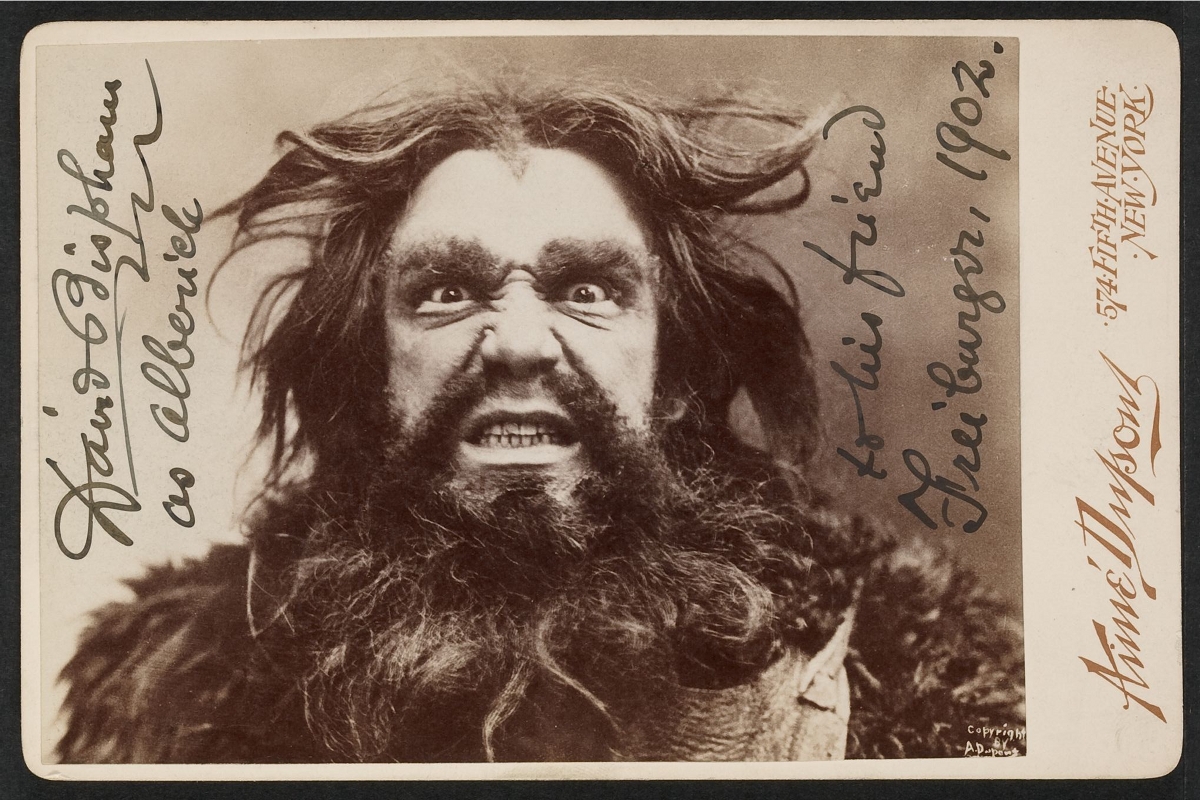Lieke Ploeger, OpenGLAM
I am with the Open Knowledge Foundation, which is an organization working on promoting open data in a variety of fields. I work for one of the working groups for Open Knowledge which is called OpenGLAM, which is what I will be talking about mainly for best practices. Open Knowledge set up these working groups as a way of enabling communities in various fields around open data to work together and contribute to the specific field of open data further.
I work for the OpenGLAM working group as Community Manager. OpenGLAM is working on promoting free and open access to cultural data. GLAM, as you know, stands for galleries, libraries, archives and museums. “Open” we define as Open Definition-based. Open Definition says that everything is open which has a license conformant with the Open Definition’s principles, for example CC0 (public domain) or Creative Commons CC-BY or CC-BY-SA. These licenses state that you should attribute the organization that the content is coming from or “share-alike,” share it in the same way.
We run a big community around open cultural data through the OpenGLAM working group. We started this in around 2011-2012 and it has grown into quite a large, active community. It is a topic that many people feel very passionate about and we have established a structure we feel is quite successful in running this working group in an efficient way. It has been running now for about three years and growing consistently and also spreading out to various countries where there are now OpenGLAM working groups as well, as a way we have of spreading out.
Our four channels are a mailing list, where we share discussion around OpenGLAM issues and ask for feedback on specific things we are working on from the OpenGLAM community. We have quite an active Twitter account. Then we run a smaller, more focused core working group of 17 people who are the most active members of the OpenGLAM community. They meet every month and are all from various countries and they are OpenGLAM ambassadors in their countries. They share every month what is going on, we share thoughts, we plan events, we discuss how to take OpenGLAM forward. Then we also have an Advisory Board. This consists of high-level thought leaders in the field such as people from DPLA, Europeana, and the Internet Archive. We ask these people for feedback on specific key strategic issues moving forward with OpenGLAM.
One of the interesting developments in recent years is that we have established several local groups of OpenGLAM. We now have local groups in four countries, which are more specific, local communities focused on OpenGLAM in their own country. We also work on specific tasks for that country, so there could be different issues in different countries and they do this in their local language, which is probably more of a European thing. We found it works much better than having everything always in English. These local groups also report back to the main OpenGLAM working group and we coorganize events with them.
We also started up one of the most recent local groups as a crowdsourced effort. What we did was have a meetup at the Open Knowledge Festival last year and invited everybody interested in starting up such a local group in Germany for people involved in German cultural heritage institutions. We invited everyone to discuss in an open manner why they think such a group should even be started, what kind of tasks they should focus on, and what kind of structure they would like. They then defined several key areas that they wanted to work on, and on the basis of that they started up a group and started organizing their first event for next year focused on outreach to smaller institutions in the GLAM sector.
We have also been working on organizing sprints. Sometimes we have some things we want to do as a GLAM community. For example, in the beginning we wanted to define some key principles that we think every institution should follow to really be an OpenGLAM institution, and we co-wrote these principles together, asking input from mailing lists first of all, and then getting a core group of people together to write up these principles in more detail. Of course, we asked for feedback from our Advisory Board before really putting these principles out there and making them final.
Recently we’ve been working on updates for our Open Collections page. We list a number of collections out there with open content and we implemented some new software for this recently. We asked our community to help us first of all in defining exactly what the page should look like, how the software would be best usable for everyone, and then to help us update the metadata on each collection or to put extra metadata up there through tags. First we asked the mailing list who would like to help us out, and then we organized some short sprints with key participants to update this and go through it together. So we always try and involve our users throughout the process in whatever we do with OpenGLAM.
I would also like to mention that as one of our core principles we always like to ask institutions if they involve their audience in new ways. Of course, one of the recommendations is that they try to pursue crowdsourcing efforts where possible.
This presentation was a part of the workshop Engaging the Public: Best Practices for Crowdsourcing Across the Disciplines. See the full report here.



![[Video] Afrocrowd Works With Libraries and Museums to Improve Representation on Wikipedia](https://www.crowdconsortium.org/wp-content/uploads/Screen-Shot-2015-11-23-at-4.04.07-PM-500x383.png)
![[Video] Cooper Hewitt Part 2: Building a More Participatory Museum](https://www.crowdconsortium.org/wp-content/uploads/21900187798_0a03dfec0a_k-500x383.jpg)
![[Video] Cooper Hewitt’s Micah Walter on Museums and #Opendata](https://www.crowdconsortium.org/wp-content/uploads/Screen-Shot-2015-11-10-at-2.25.30-PM-500x383.png)